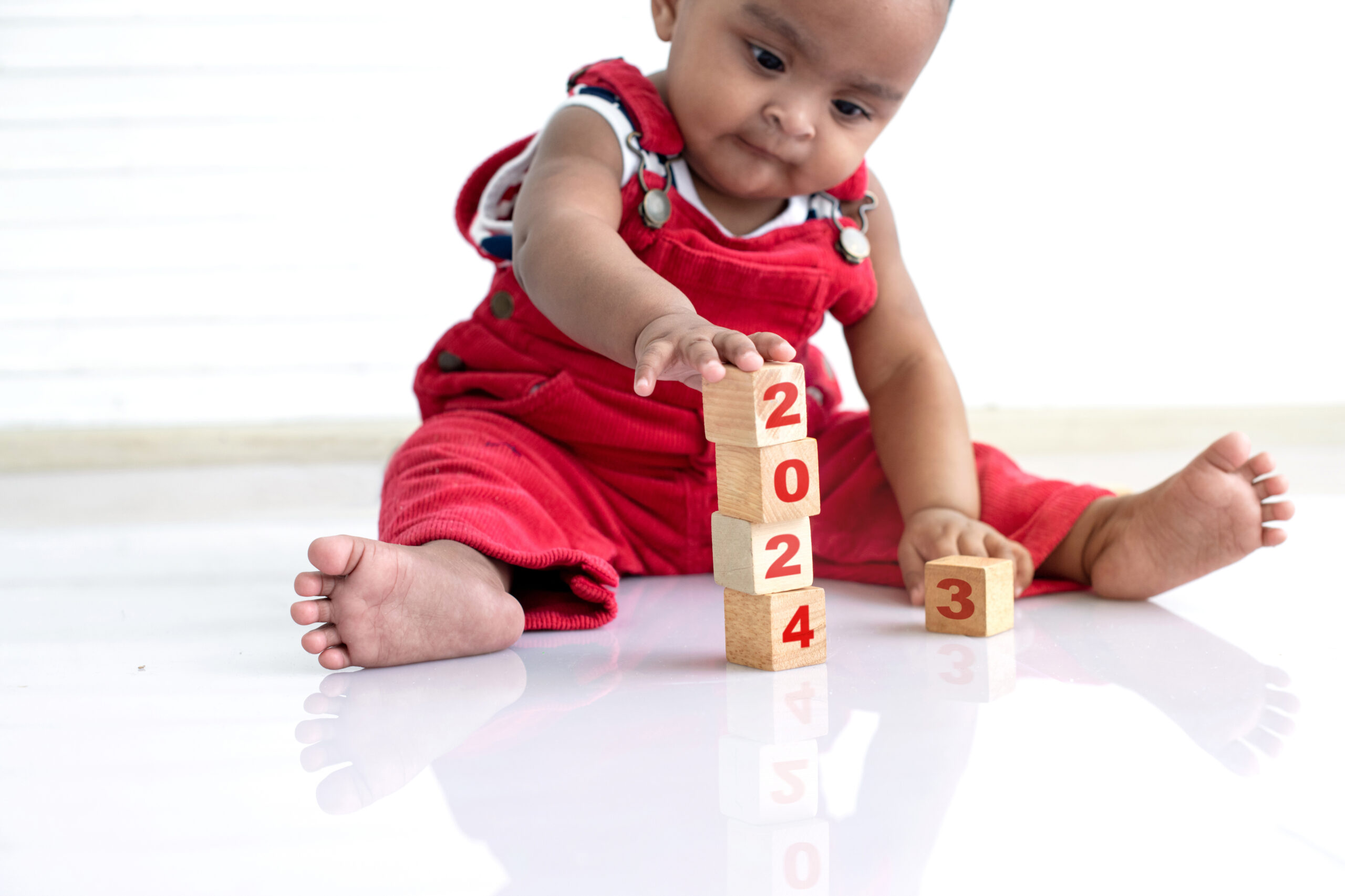
New Year’s Day
New Year’s Day, as the name suggests, is the first day of the new year. This new day of the first year does not fall on the same day everywhere, but this is the case in countries that use the Western calendar. In the Netherlands, New Year’s Day is a day off for most people and is an official holiday.
Best wishes…
In the Western world, the beginning of the new year is celebrated on the first day of January. Everyone wishes each other a happy and prosperous new year. This is done as soon as the clock strikes 12 the night before and officially heralds the new year. There are toasts and toasts, fireworks are lit and everyone gives each other their best wishes. Oliebollen, apple turnovers and champagne are products that you often encounter in the Netherlands on New Year’s Day. The traditions for the New Year’s Eve celebration actually go back about 4,000 years, although things were often different. Traditions also differ from country to country. In some cultures or religious cultures, the first day of the new year sometimes even falls on a different date.
A new and fruitful beginning
The end of one year and the beginning of the new year has long been celebrated by different peoples and cultures throughout history. People often saw and see such a new beginning as a period of fertility, new life, new opportunities and possibilities. Due to this new period of fertility, the new year was often linked to spring, as with the Romans and the Babylonians. For the Egyptians, the moment the Nile overflowed its banks for the first time was linked to a new beginning.
The sacrifices of the Babylonians and Germanic people
Babylonians had a very cruel way to ring in the new year. A slave was allowed to sit on the king’s throne for a moment and then he was sacrificed. They did this for a reason. According to them, the gods had targeted the king for the new year and that is why he was temporarily replaced by the slave. The slave was then sacrificed to the god Janus (January) to appease him. The pagan Germans were afraid of the demons and therefore sacrificed many animals, food and drinks. Which they eventually ate and drank themselves. Large fires were lit to ring in the new year.
The Romans
The Romans were the ones who determined that January 1 would henceforth be the first day of every new year. This was instituted by Julius Caesar in 46 BC. The church initially did not agree with this. According to them, these were pagan rituals. Later they changed tack, but they did give it a Christian meaning. This first day of the new year became the holiday for the ‘circumcision of Jesus’.
Selling best wishes
While today we wish everyone a happy and prosperous new year on January 1, people used to give each other money and wishes. This got out of hand in the 19th century because people also started trying to extort money from complete strangers. People with certain professions received money because they ‘sold’ their best wishes, just as newspaper deliverers still do today. New Year’s wishes are also often conveyed by means of a card.
New Year’s dive
Another phenomenon of recent decades is the New Year’s Dive. This traditionally takes place on January 1 of the new year. The first Dutch New Year’s Dive was held in Zandvoort in the year 1960 and today it is already in more than 90 locations throughout the country. A whole event is often made of that joint dip in the cold water.
New Year’s Concert
On January 1 there are often various New Year’s concerts, the New Year’s Concert of the Vienna Philharmonic in the Wiener Musikverein in Vienna is a well-known example of this. This concert is even broadcast internationally on television. On December 31, 1939, it was the first time that the music of and around the Strauss family of composers was performed. The Four Hills Tournament is also broadcast annually. This starts in Oberstdorf, Garmisch-Partenkirchen, Innsbruck and Bischofshofen.
New Year’s receptions
Many companies and associations often hold a New Year’s reception in the period after New Year’s Day. This is to give everyone the opportunity to wish people a Happy New Year. The date of January 15 is often used to convey New Year’s wishes to each other until that day. Some people believe that you can wish each other a Happy New Year until the 3 Kings, which falls on January 6. In certain places in the Netherlands, traditional Christmas tree burnings are also held on New Year’s Day or a few days later.
Ringing in the new year
The new year is often heralded by counting from 10 to zero. At 12 o’clock there will be a toast and fireworks. It is not entirely clear where exactly those fireworks come from, but this is likely
